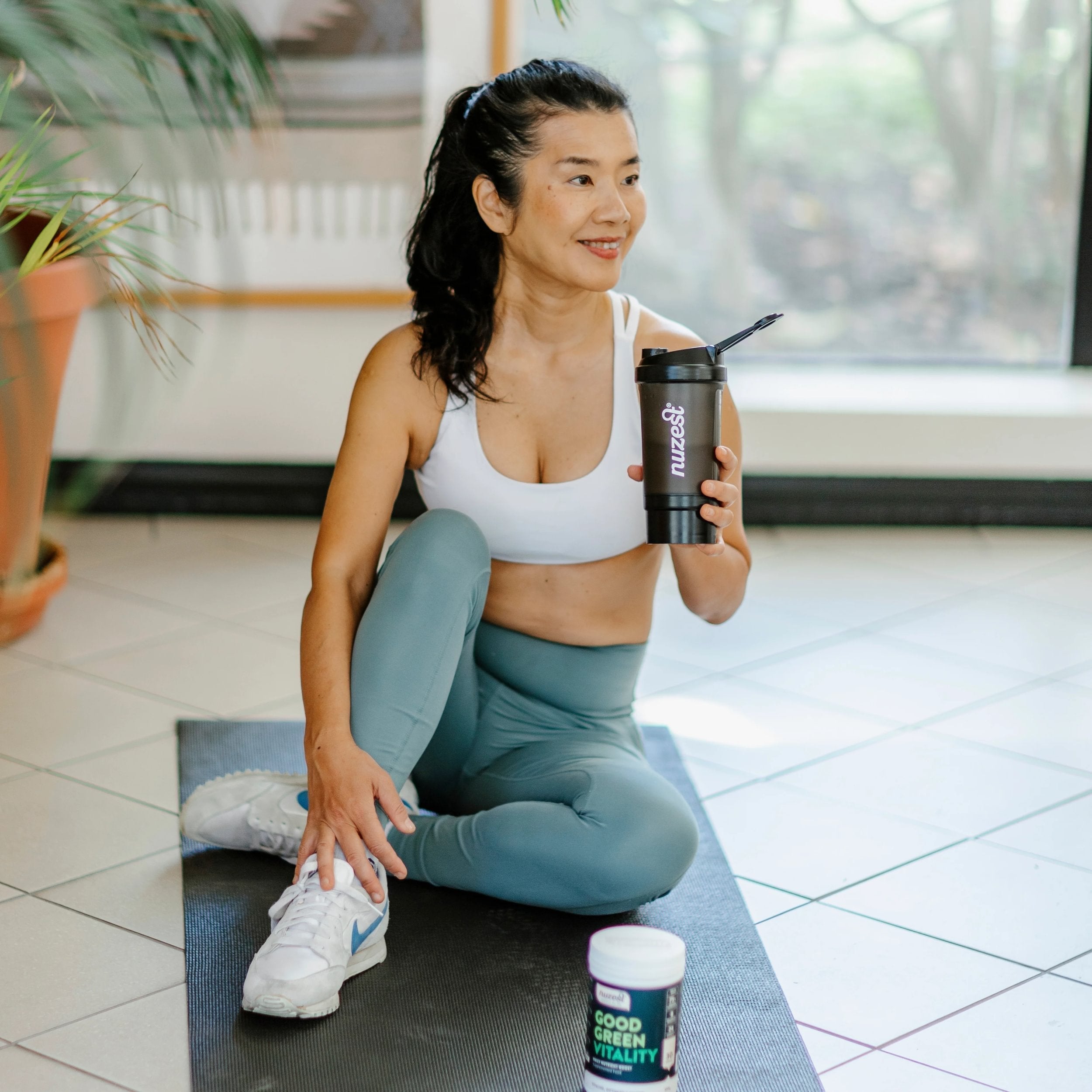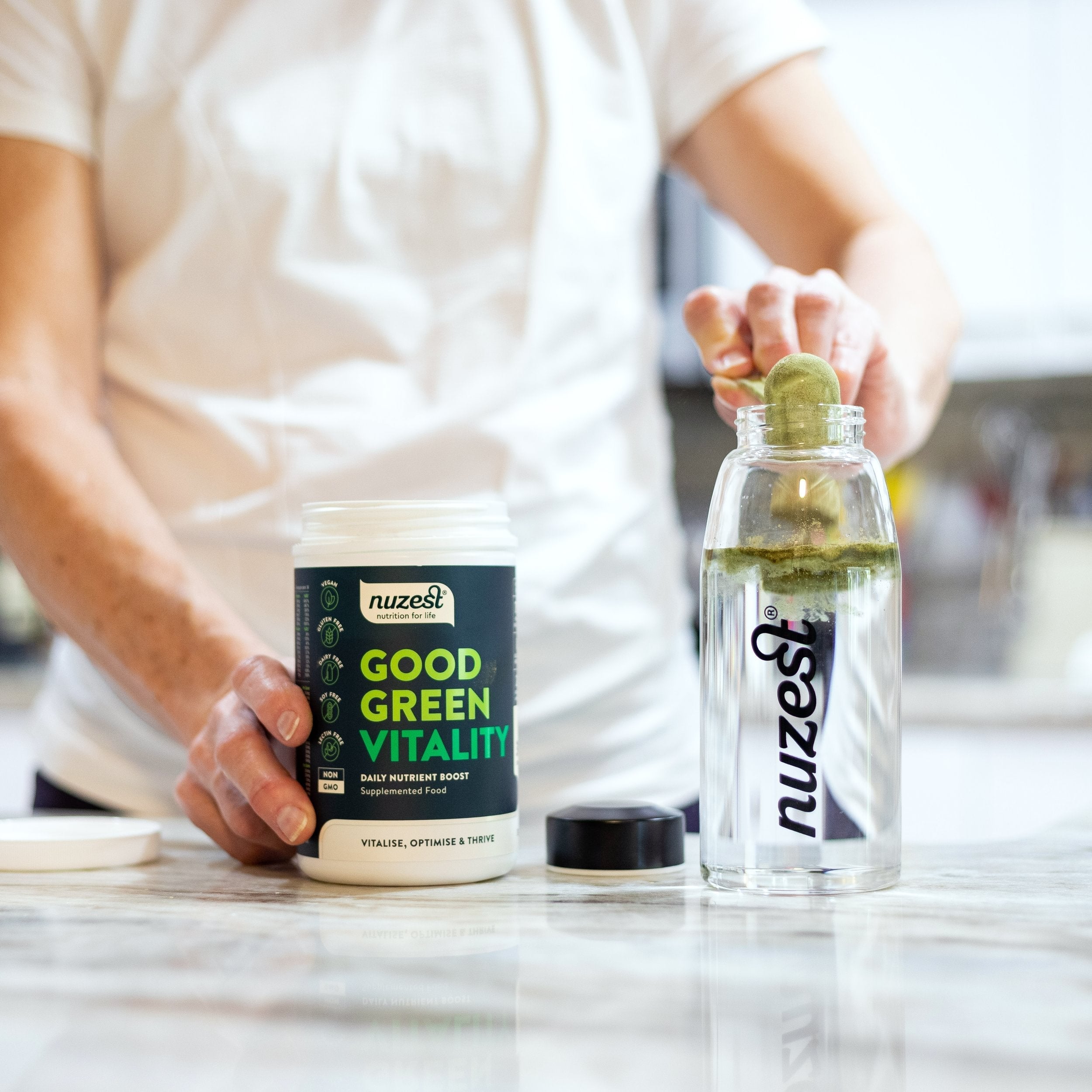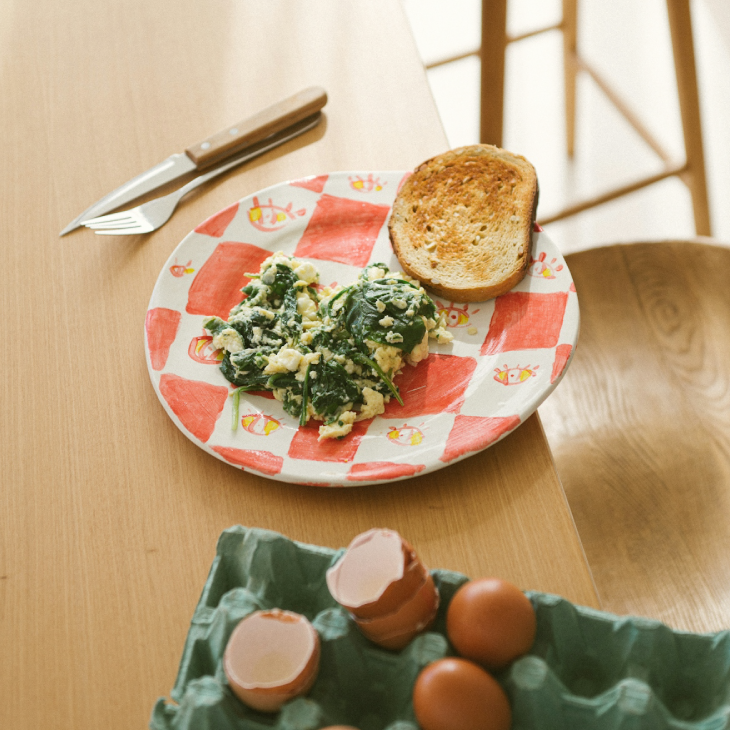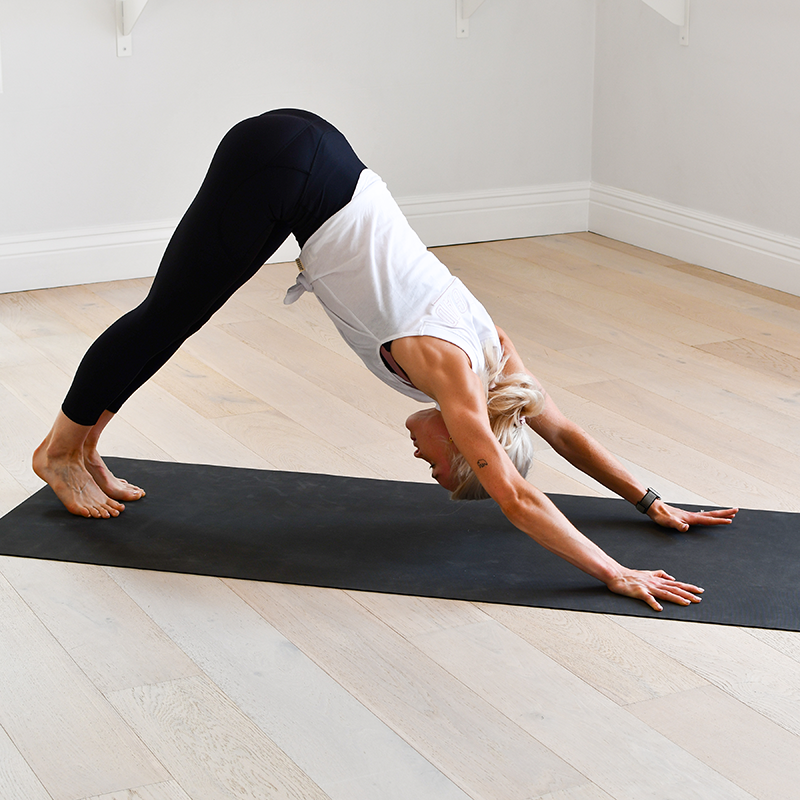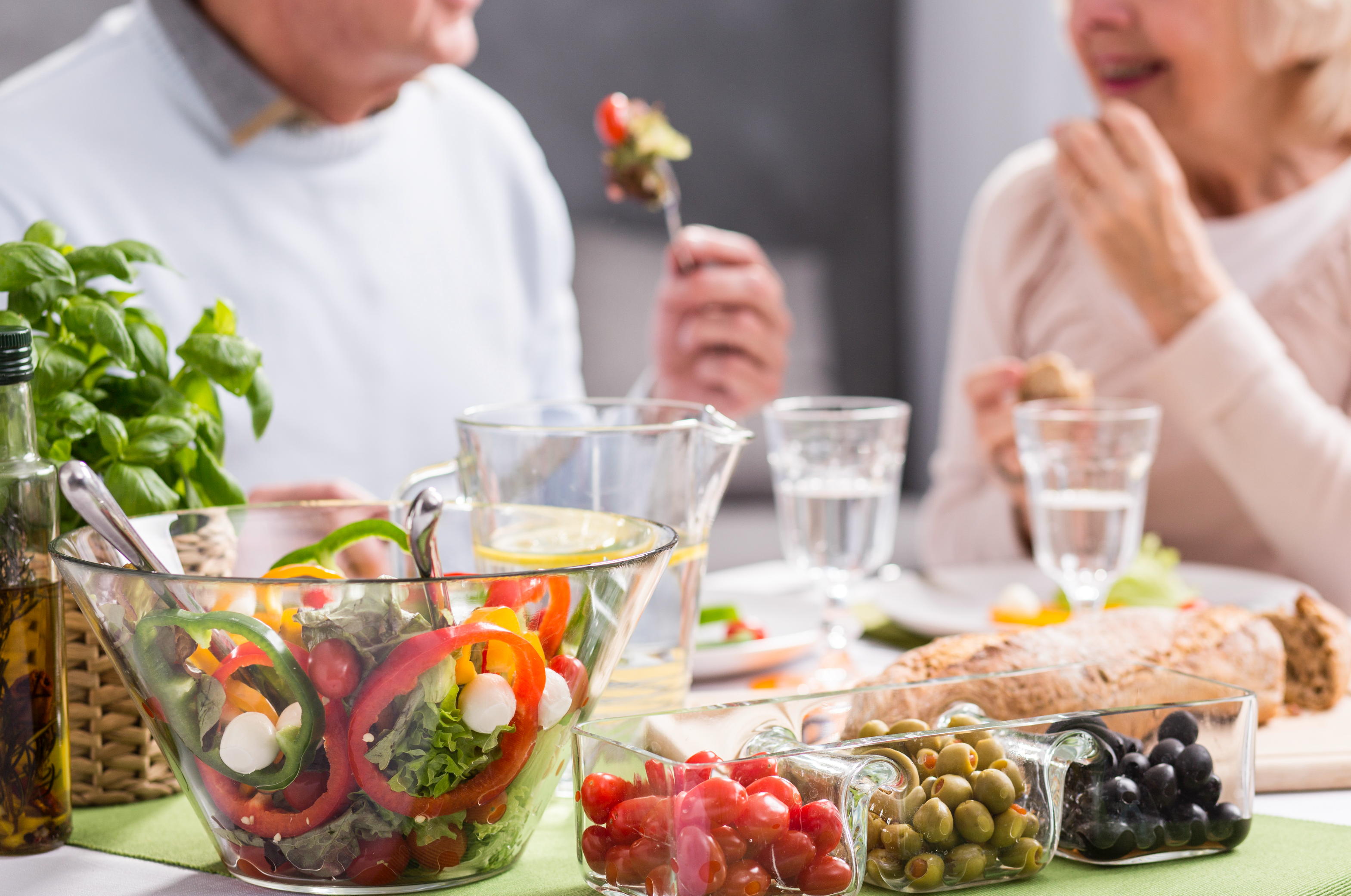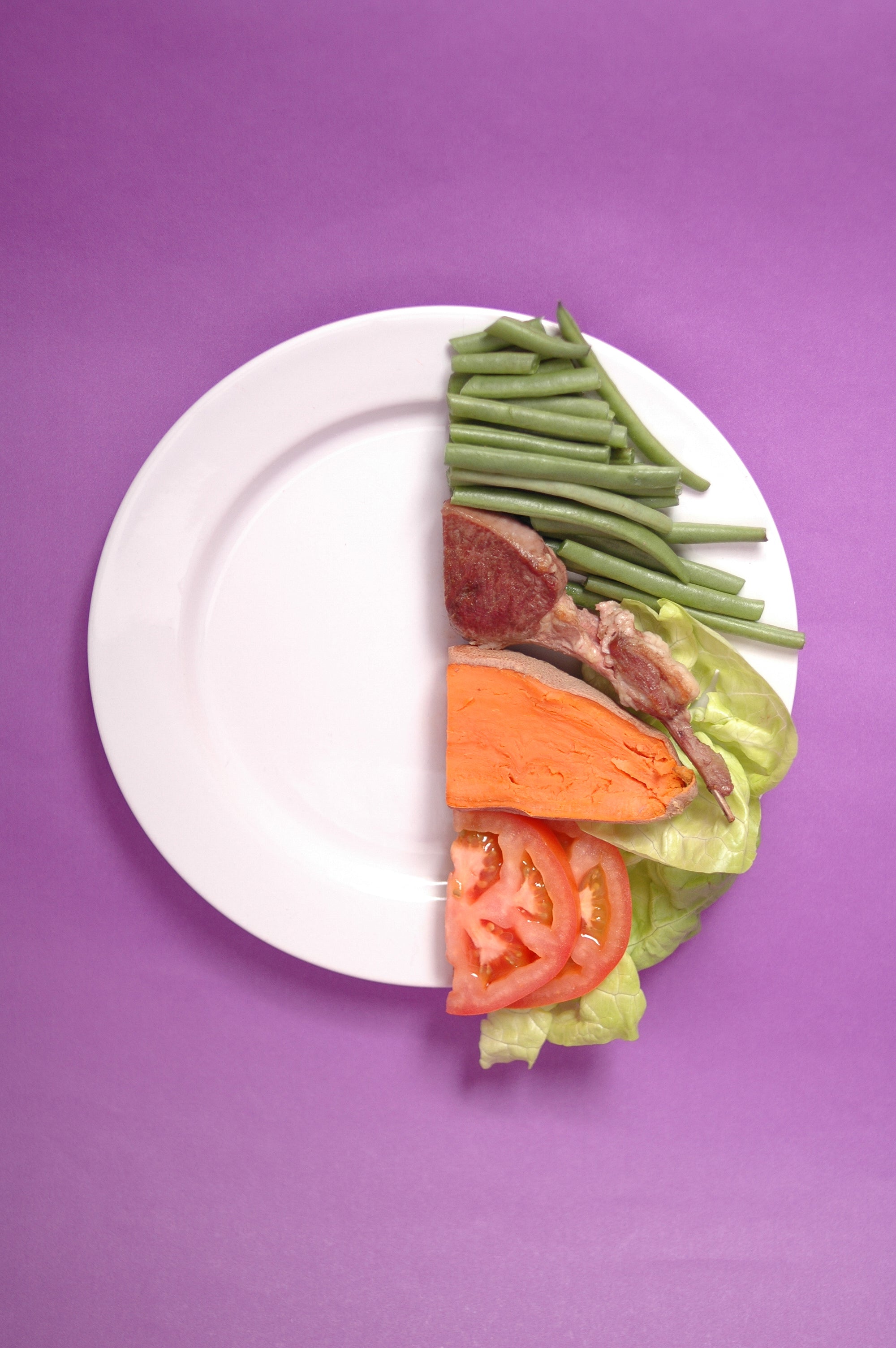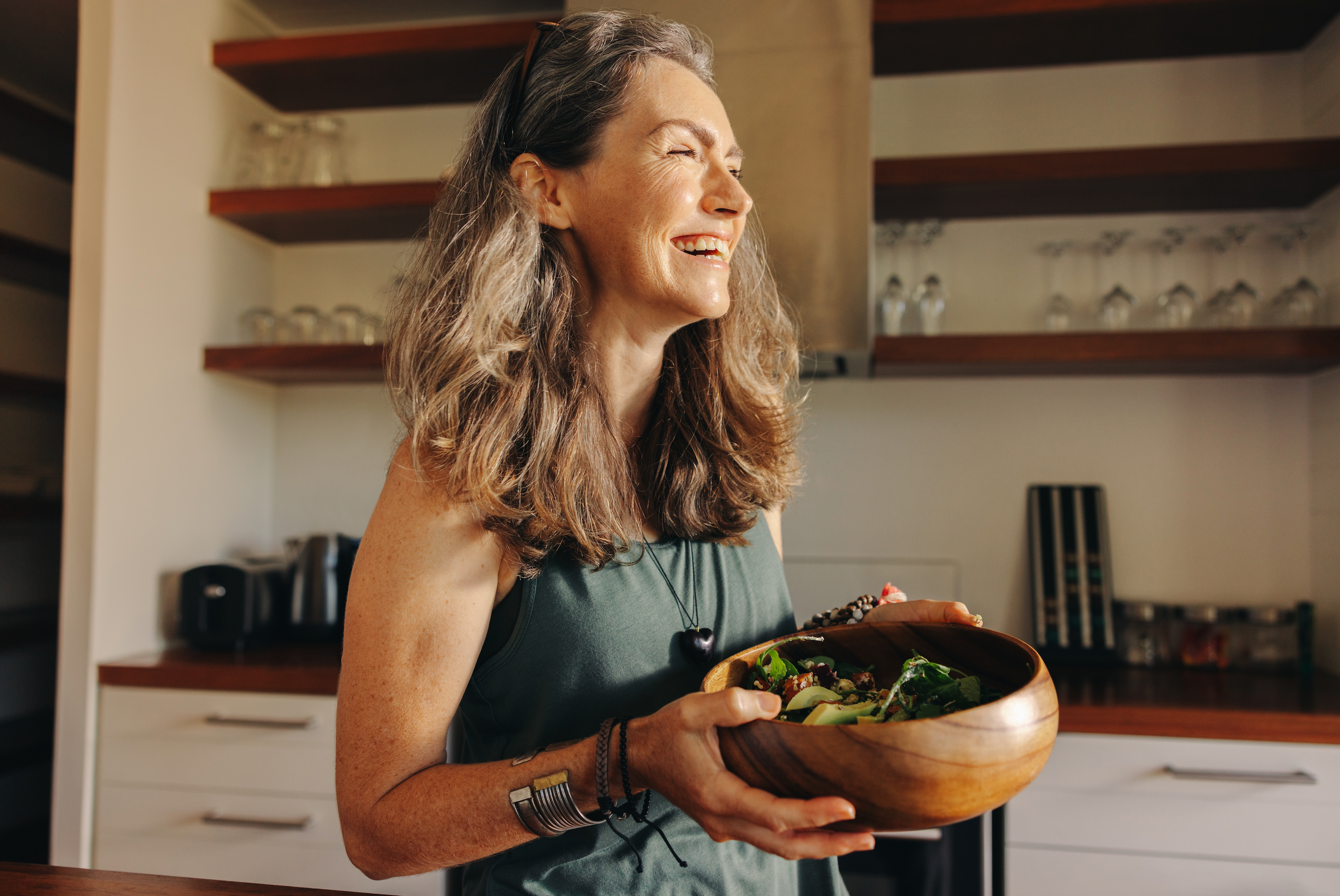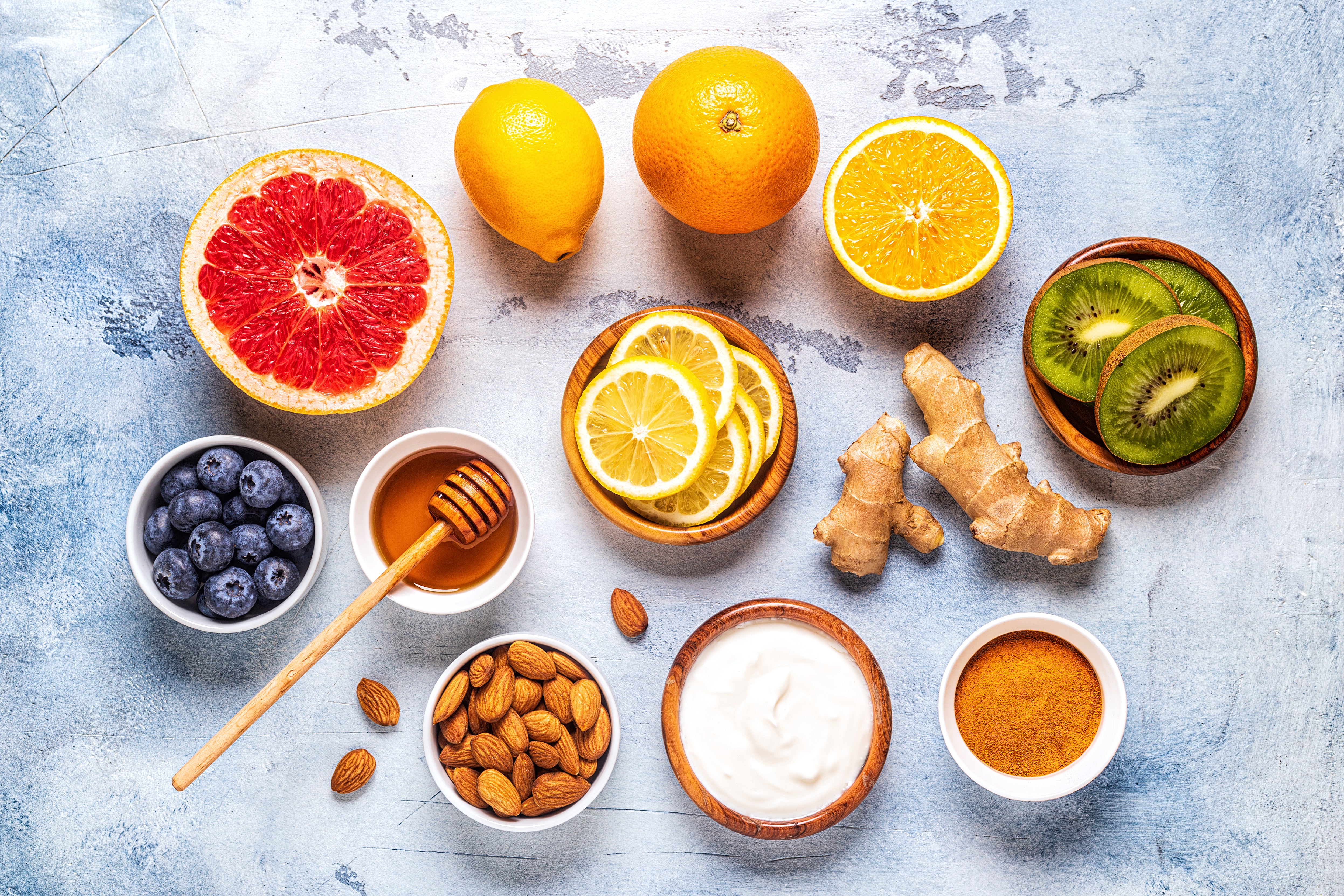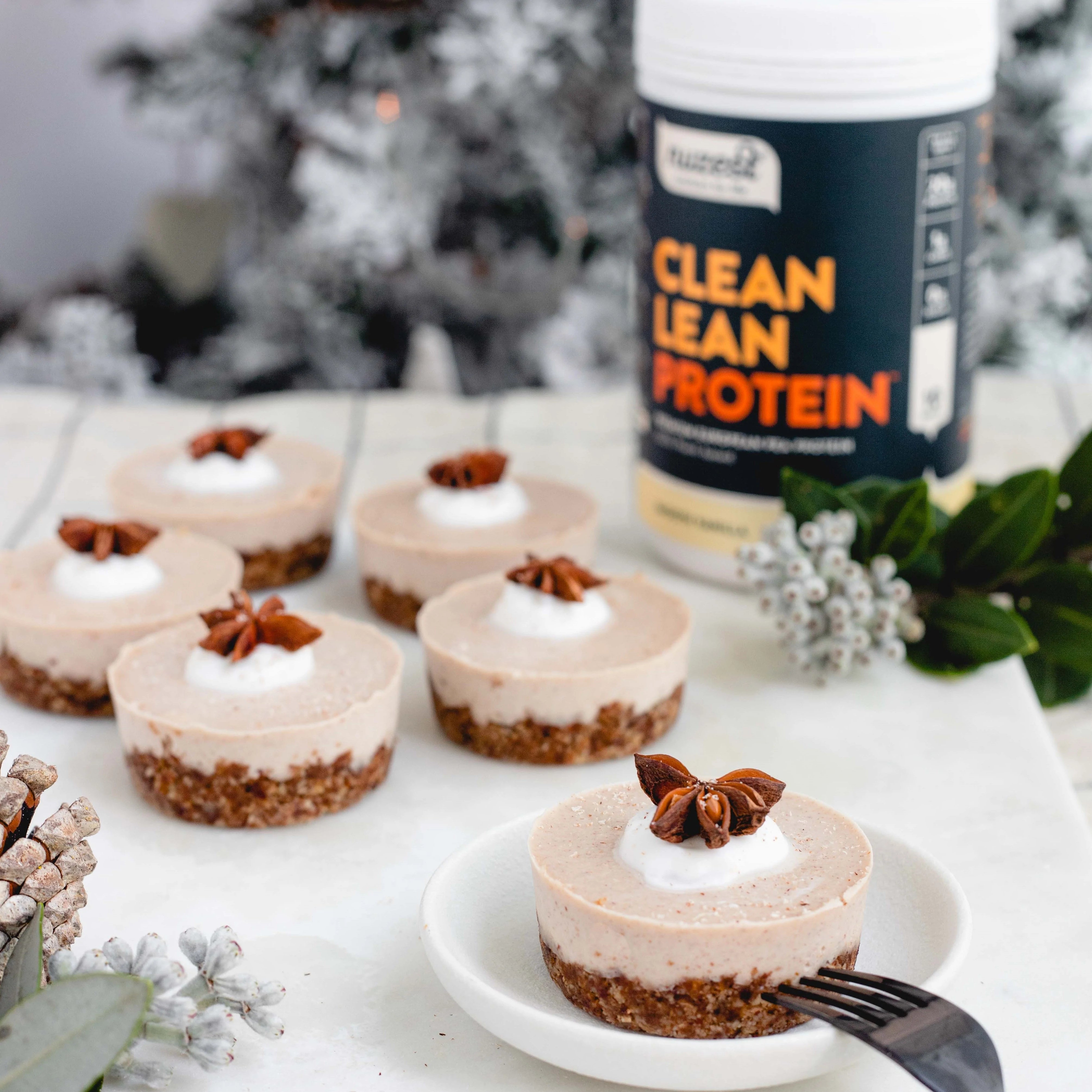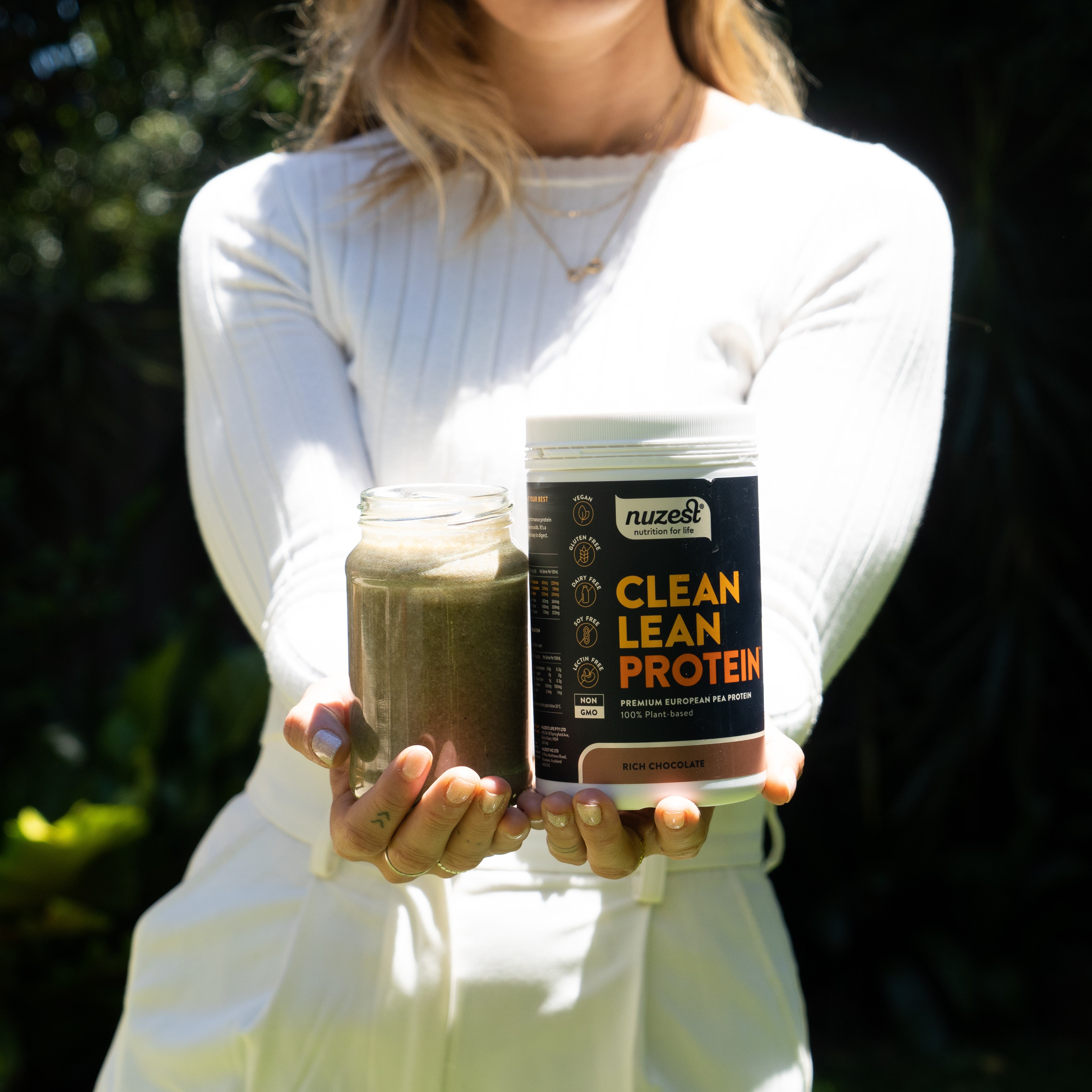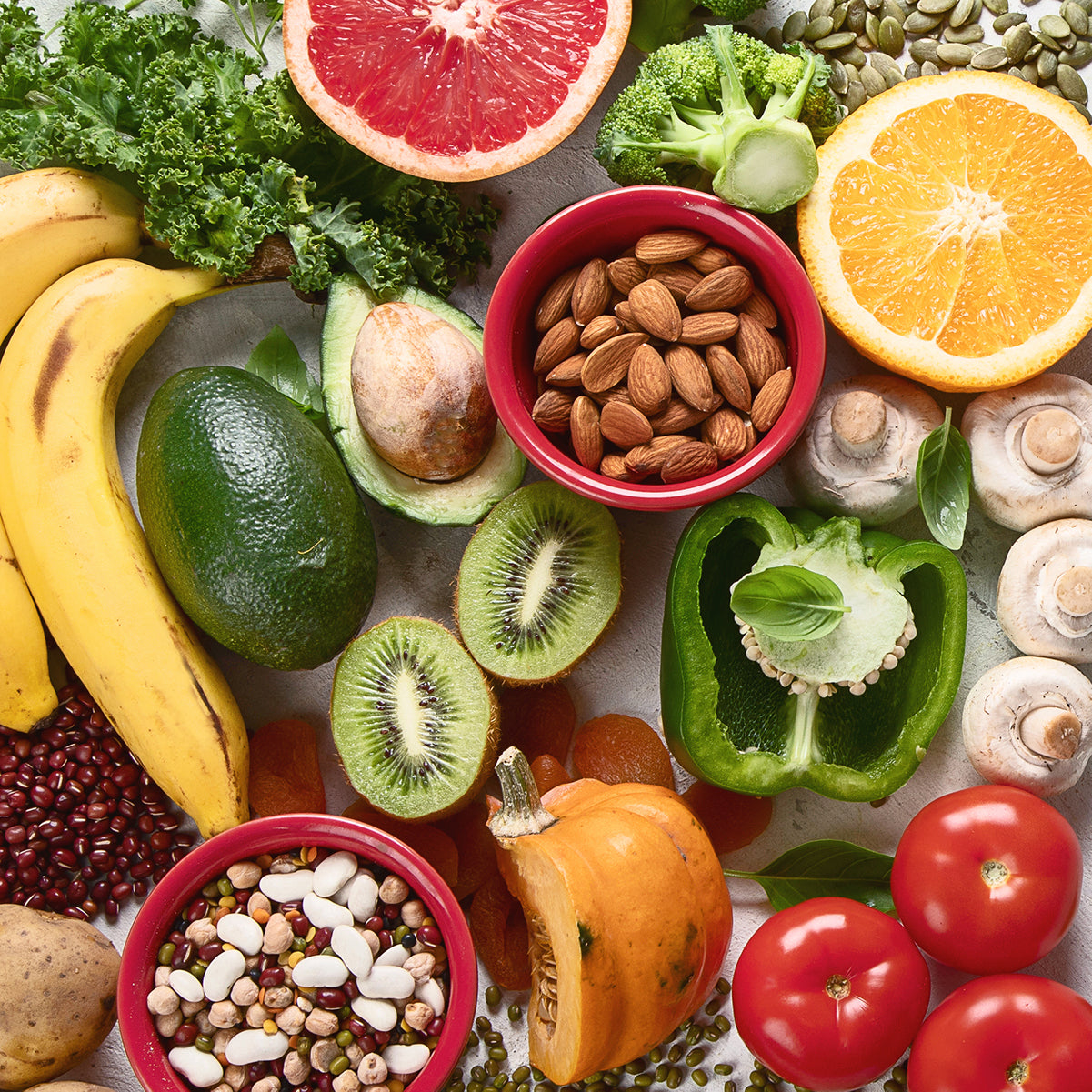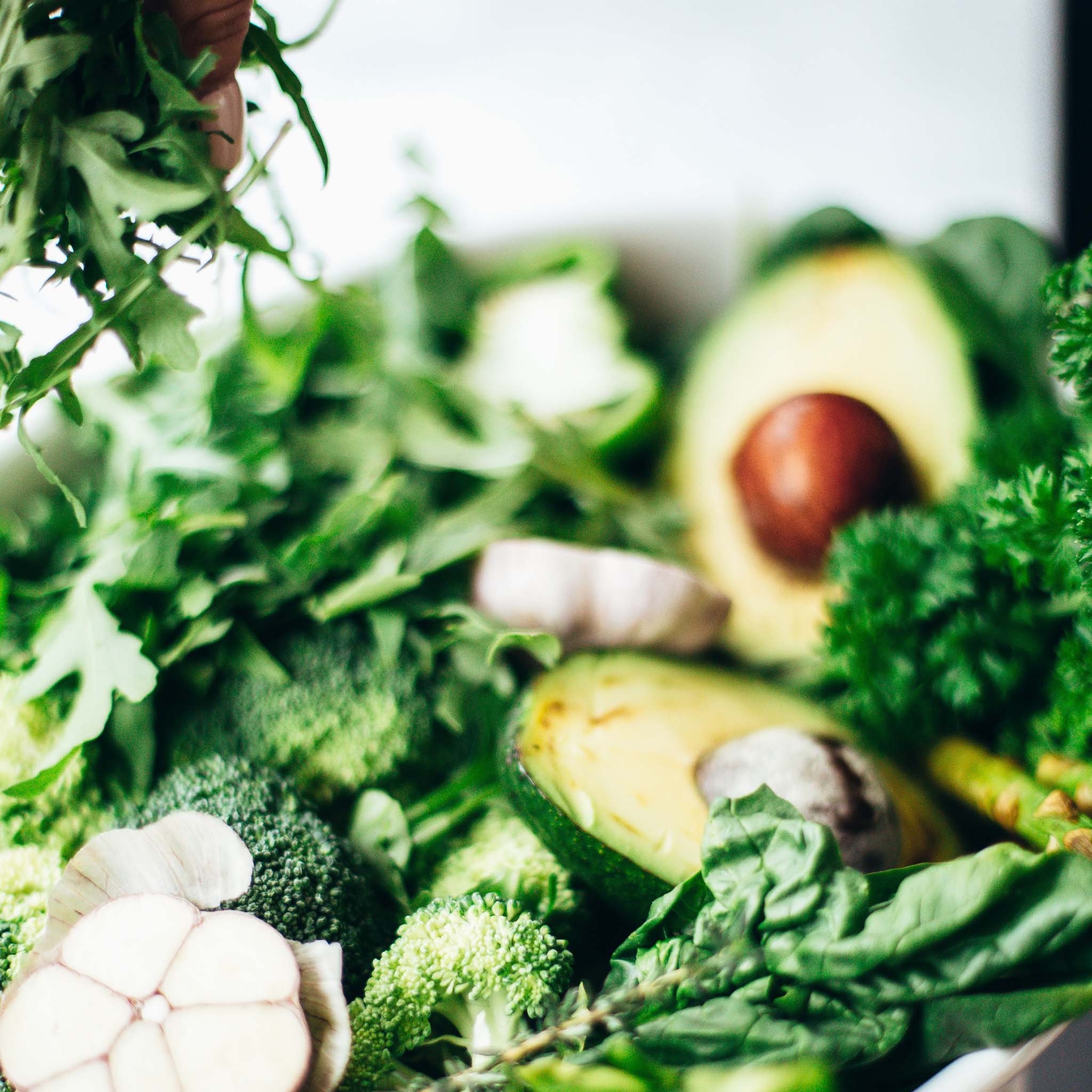Author: Lauren Parchi
For many of us, the start of a new year brings about new hopes and aspirations for healthy habits, however, when it comes to creating these new healthy habits, it’s easy to fall off the bandwagon. In fact, up to 80% of New Year resolutions are unsuccessful[1].
Meal preparation and planning is one of those things we all know we should do but often don’t. Meal preparation involves the planning and cooking of your weekly meals ahead of time and is a good idea for those who are looking to save time, money and get a bit more organised with their nutrition.
Here are our top three ‘how to steps’ for meal preparation that will encourage successful healthy habits in the New Year.

- Plan your menu for the week ahead.
Like the saying suggests, “If you fail to plan, you plan to fail.”. Sitting down and planning out a menu is one of the most important steps in meal prep.
How To:
- Use a menu plan template and/or an App such as ‘Mealime Meal Plans & Recipes’ to plan out your meals for the week ahead.
- Identify your busiest days – late nights, early mornings, social commitments and plan your meals accordingly.
- Create nutritionally balanced meals by building each meal around the three key macronutrients – protein, carbohydrates and fat. An example of this may include overnight oats, with oats as the carbohydrate, Clean Lean Protein as the protein and peanut butter as the fat.
- Remember, just because you are meal prepping, doesn’t mean your meals should be boring! Sit down with yourself, your partner or your family and choose meals that you enjoy! This will encourage successful meal preparation.
- Prepare meals ahead of time.
Setting aside time on the weekend to meal prep will keep you organised Monday through to Friday. Preparing your own food also provides you with more control over what goes into your meals, which is beneficial for those with specific health and nutrition goals.
How To:
- Allocate three hours on the weekend to shop, cook and portion out meals.
- Batch cooking is an effective method that can be used to prepare multiple meals at once. When preparing some of your favourite recipes, try doubling the quantities so that you increase the number of serves
- Wash, cut, cook and store food in advance. Vegetables can be roasted on large trays, and grains such as rice and quinoa can be cooked and stored in the fridge to be added to meals throughout the week.
- Plan and portion out healthy snacks. Cut up fruit at the start of the week and store in the fridge. This can be consumed with nuts for a perfectly balanced snack.
- To ensure your meals last, store additional serves in air-tight containers in the freezer. It is worth investing in good quality airtight, food storage containers as this will guarantee your foods freshness.
- Variety is key.
Whilst it is easy to prepare the same meals week after week, this can create a lack of variety and become monotonous and tasteless.
How To:
- To avoid monotony, come up with three to four core recipes that can be rotated throughout the week. Some great core recipe ideas include vegetable casseroles, lentil curries and pasta bakes.
- Adding vegetables that are in season ensures diversity.
- The addition of herbs, spices and condiments are also a fantastic way to create interest and variety!
Meal preparation and planning is a fantastic way to stay organised and can be an important tool for those wanting to stay on top of their health goals in the New Year. With these simple tips, you’ll have plenty of healthy options ready to support you throughout the week.
[1] Luciani, J. (2015). Why 80 Percent of New Year's Resolutions Fail. Retrieved from https://health.usnews.com/health-news/blogs/eat-run/articles/2015-12-29/why-80-percent-of-new-years-resolutions-fail.



